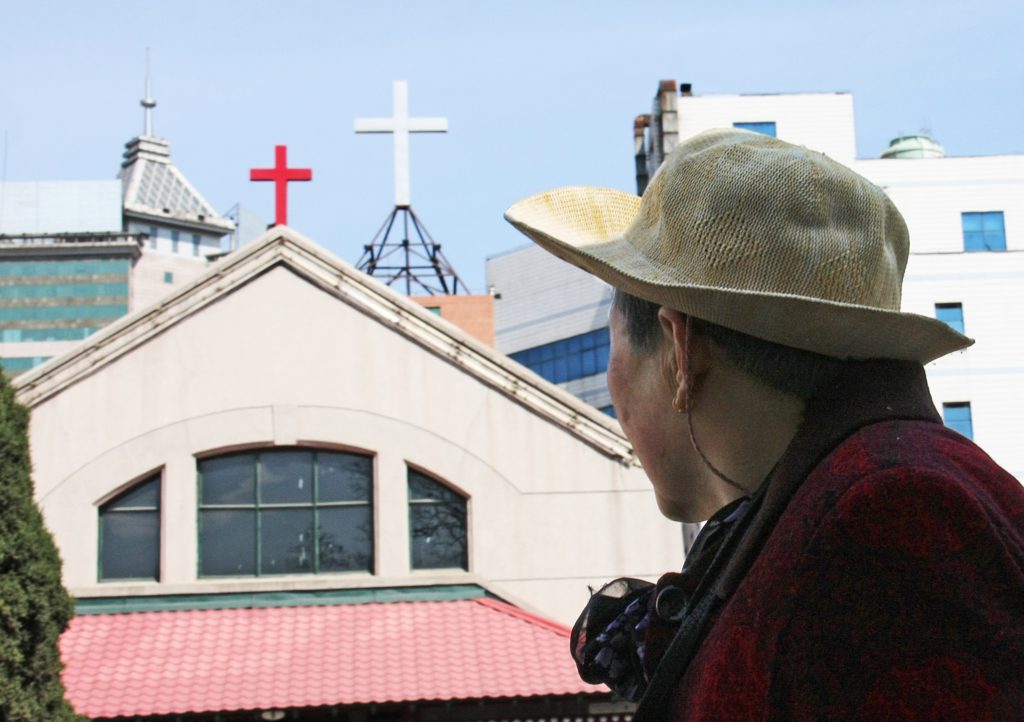
Catholic dioceses in China have been told to come up with a five-year plan outlining how they will adapt more to Chinese culture and show loyalty to the Communist Party, reports the Catholic news site UCAN.
A 15-page document, given to the churches by the state-approved Bishops’ Conference of the Catholic Church in China and Chinese Catholic Patriotic Association, provides guidelines on how to deepen the political, legal and social identity of Chinese Catholicism, as well as promoting the faith.
Churches are to use the guidelines to create a five-year plan, which should be ready by the end of August.
The guidelines include how churches should be managed based on policies with “Chinese characteristics”, and how elements of church architecture, painting and sacred music should reflect Chinese culture and traditions, according to UCAN, which saw a copy of the document.
The two state-approved Catholic organisations said there was a need for a more strategic approach as they have started to promote Sinicisation in workshops and seminars but church members do not “accurately understand its implications and goals”.
Christians should understand their responsibility in “loving the motherland”, as well as accepting the nation’s leadership and the socialist system, according to the document, which highlights the importance of education and historical research to help with this.
The Sinicisation of religion has long been a core message of China’s president. In his speech at the Communist Party Congress in October last year, President Xi reiterated the importance of Chinese nationalism, saying the government would “uphold the principle that religions in China must be Chinese in orientation, and provide active guidance to religions so that they can adapt themselves to socialist society”.
The new regulations on religious affairs that came into force on 1 February included guidelines on religious education, the types of religious organisations that can exist, where they can exist and the activities they can organise.
Meanwhile talks between the Vatican and Beijing about the appointment of bishops are ongoing. Pope Francis wants the Vatican to reach a deal with the state-backed Chinese Patriotic Catholic Association, which oversees the registered Church, but some church leaders have warned that the Vatican is at risk of “selling out the Catholic Church in China”.
Mandatory ideology classes
In a push to promote the thinking of President Xi in China and beyond, China’s universities find themselves on the frontlines, “armed with interactive online courses, generous funding and new dedicated research institutes”, Reuters reported last month.
“Mandatory ideology classes have been updated by the universities in response to instruction from the leadership that Xi’s ideas must enter the textbooks, classrooms and minds of students,” according to the press agency.
Thomas Muller, analyst at the World Watch Research unit of Christian charity Open Doors International, said “Christian students may be tempted to join these study groups too and, if the ideology really takes root, attendance may be made mandatory”.